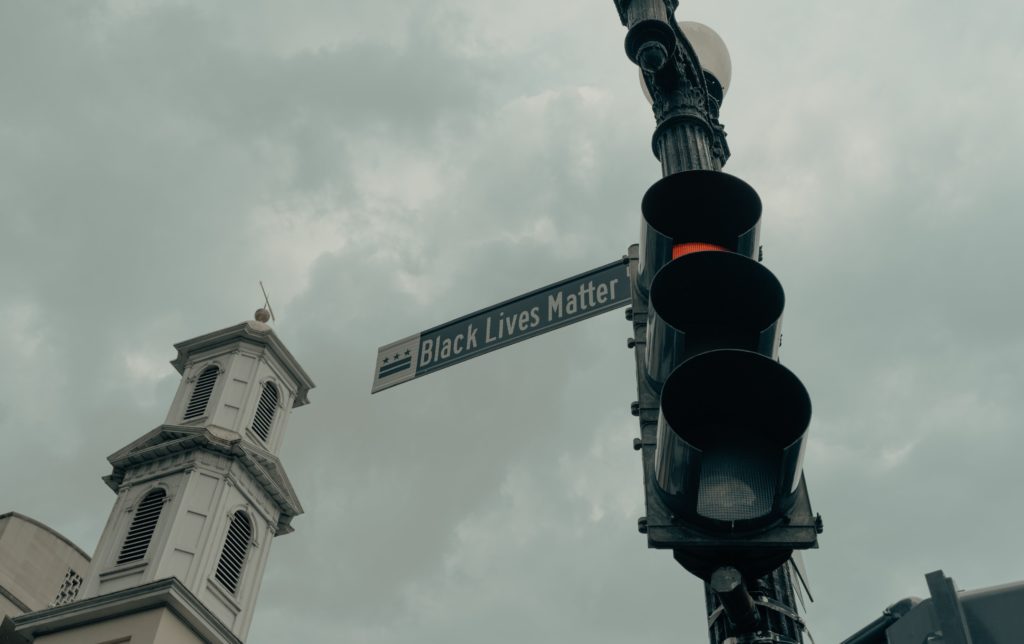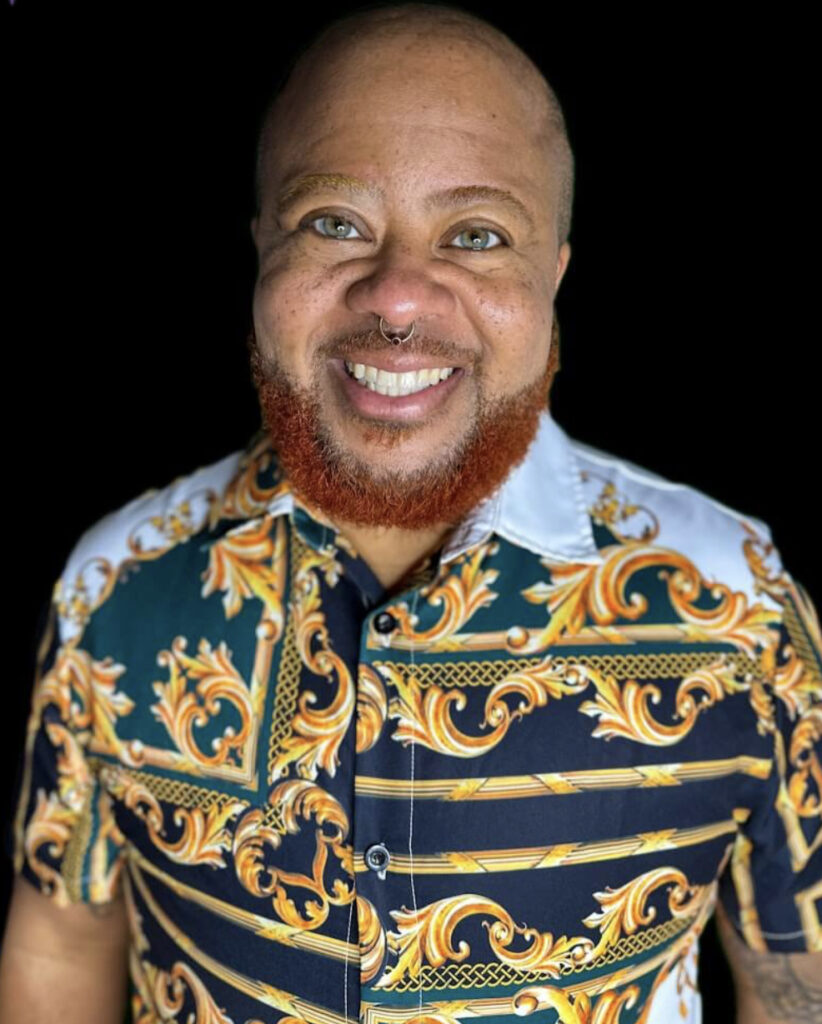Our fifth event in the R3 symposium series, Transformational Research: Dismantling Systems of Oppression in Justice, Education and Health, held Dec. 9, 2021, highlighted scholarship from UNC graduate students, research scientists, and faculty from the School of Government, the School of Education, and the School of Public Health. Two of the UNC scholars were joined by their community partners to share their experiences with community-university partnerships.
Interventions to Advance Racial Equity
The first speaker was Ayesha Hashim, Assistant Professor of Education Policy at the UNC School of Education. Hashim and her colleagues evaluated the associated effects of suspension bans and Restorative Justice programs in the Los Angeles School District. Suspension is a pertinent social justice issue in K-12 education because it is disproportionately used to discipline minoritized, male, and special needs students as well as being associated with poor educational and life outcomes. Across the country, there has been a wave of policy changes at the state and federal levels to address this inequity. Some interventions have included closely monitoring suspension rates disaggregated by demographic characteristics, prohibiting suspensions for non-violent behaviors, and encouraging alternatives to suspensions.
Based on data from Los Angeles School District, they found that after suspensions were banned for willful defiance (2011-12) and the restorative justice programs were enacted (2014-15) suspension rates for all students decreased. The rate of decline was steeper for Black and Hispanic students (compared to other racial groups) meaning that these policies were successful in mitigating racial disproportionalities. Despite these interventions, Black students and special education students were still suspended at much higher rates than non-Black or non-special education students. These persistent gaps in discipline rates signal an ongoing need to focus on both the causes and consequences of suspension disproportionalities.
Emily Coward, formerly of the UNC School of Government and Yolanda Fair, Assistant Public Defender, Buncombe County, next spoke about their work with the NC Racial Equity Network (REN) Project. In 2014, scholars at the UNC School of Government created and published a manual on litigating strategies to identify and challenge racialized outcomes at all points of the criminal legal process. Realizing that the manual wasn’t enough, they created a network of attorneys that would receive extensive training to become experts and leaders in fighting racial injustice within the legal system. The NC Racial Equity Network (REN) started by recruiting two cohorts of 110 advocates and defenders positioned to learn from and support each other and their clients. Since 2019, the Network has focused on supporting REN graduates, training other court actors, and hosting annual convenings. Coward was clear that the U.S. legal system is not set up to consider or address how race and racial bias impacts legal proceedings and outcomes. Therefore, to adequately defend clients of color, lawyers must understand the racist history of the United States and its legal system. Social science research shows that “making race salient” in the legal process has a multitude of positive effects (e.g., reduced racial stereotyping, increased trust with client).
Yolanda Fair, an alumna of REN, shared the aspects of the Network that have been enriching for her practice and professional growth as a racial justice advocate. Fair talked about how involvement in REN created a sense of community offering local and state-wide support. The Network provides a source for coaching and consultation to help lawyers strategize on specific cases, as well as practical tools and resources, continuing legal educational around racial equity, and opportunities to practice outside of the courtroom.
Dane Emmerling, PhD candidate in the Department of Health Behavior at UNC Gillings School of Global Public Health, and Deena Hayes-Greene, co-founder and managing director of the Racial Equity Institute (REI) spoke about their research partnership to examine the impacts of the REI racial equity workshops. Emmerling established the need for evaluation with research that showed $8 billion a year spent on diversity training while there is currently little or mixed evidence of their efficacy. To understand the intended impacts from REI’s trainings, he conducted qualitative interviews with fifteen REI organizers and ten health-focused organizations. With pre/post data collection, they also surveyed 3,500 workshop participants to assess impacts on knowledge, attitudes, and behaviors. The final phase includes developing a case study to highlight Race Matters for Juvenile Justice and their long-term work in institutional organizing and systems change processes. The preliminary results of the surveys indicate that after the training participants experience high satisfaction, demonstrate increased knowledge, decreased racial prejudice and intolerance, and increased intent to take anti-racist actions at multiple levels.
Hayes-Greene ended by sharing more about the Racial Equity Institute’s approach to organizing and training. REI workshops address the historical and social construction of race and explain how race was a solution to prevent social class collaboration between multiracial groups. The creation of racial identity pulled together White people across social and economic classes. She used a beautiful extended metaphor about groundwater to emphasize the importance of systems-level approaches to addressing racialized outcomes, drawing connections between racialized outcomes in education, healthcare, and the criminal legal system.
Key Takeaways/Conclusion
The three symposium presentations addressed: 1) suspension bans and restorative justice programs in schools; 2) networking and community of practice for racial equity in the legal system; and 3) innovative evaluation methods for racial equity training. A common theme across all three was that collective action is critical to ushering positive social change. Collective action requires authentic relationships built on trust and it takes a lot of time to develop. Intentionality in creating partnerships is always necessary.
Hayes-Greene gave us some key tips on developing partnerships and multiracial coalitions– get curious, always disaggregate the data by race, consider your sphere of influence, think and act collectively, and build a base of power strong enough to challenge the existing powerholders.
Hashim asserted that bans or policy change are not enough on their own, we also must change culture and build skills.

